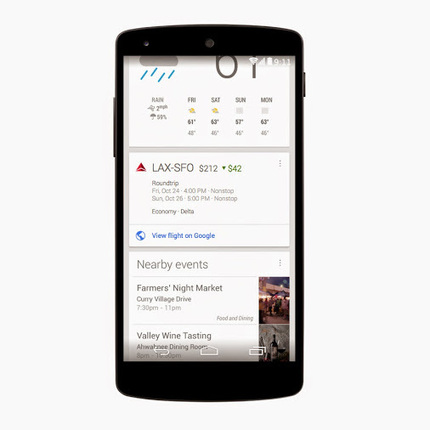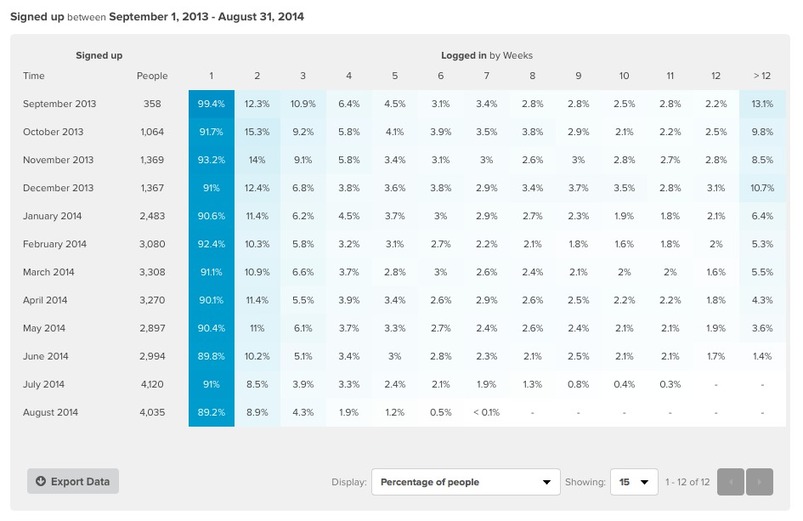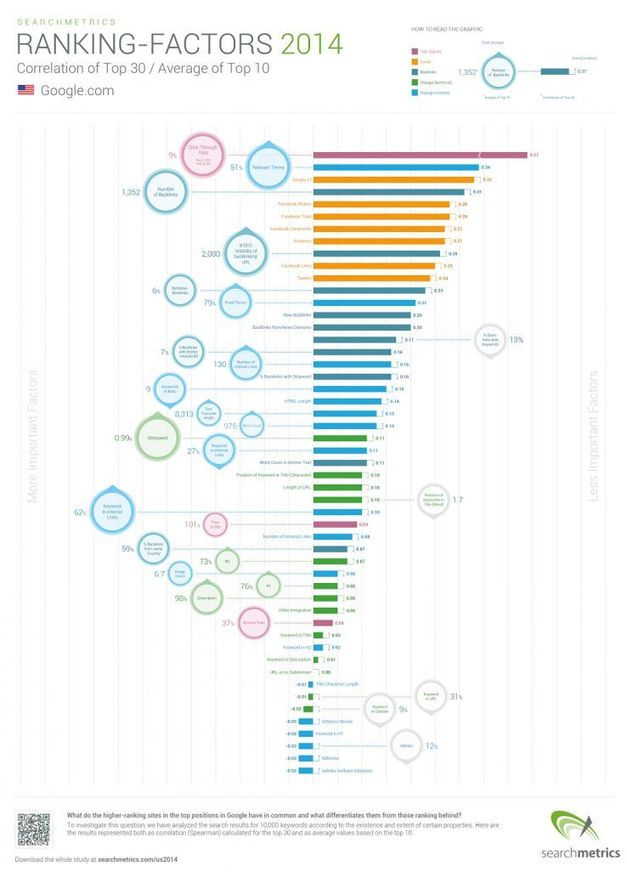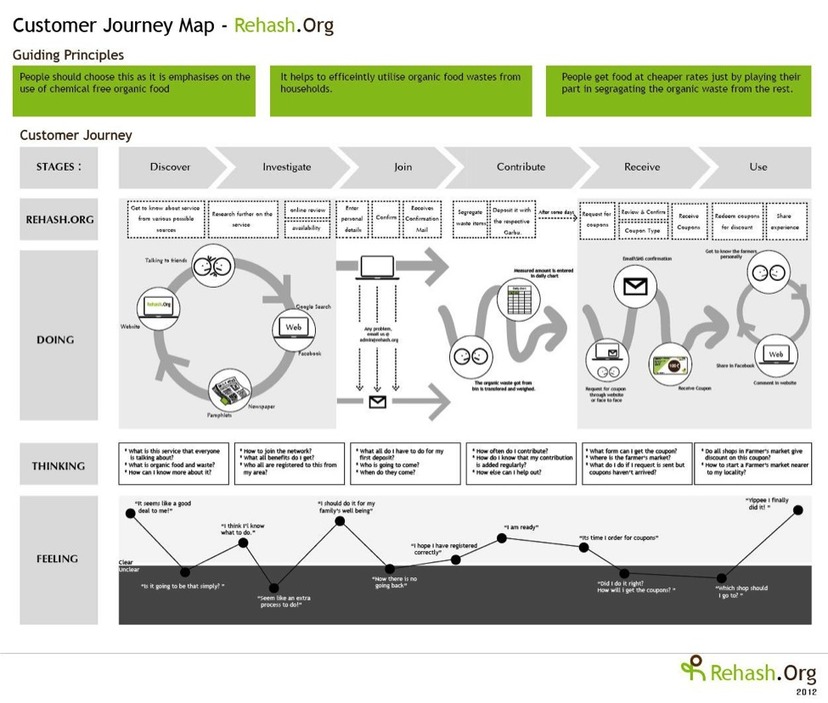Google Now Lets Travelers Know When Flight Prices Drop
Google is helping travelers save money with a new Now card that tells users when a price has dropped on a flight. According to this Google+ post, you can t
Source: searchengineland.com
Google is helping travelers save money with a new Now card that tells users when a price has dropped on a flight.
Google Now Lets Travelers Know When Flight Prices Drop Read More »




